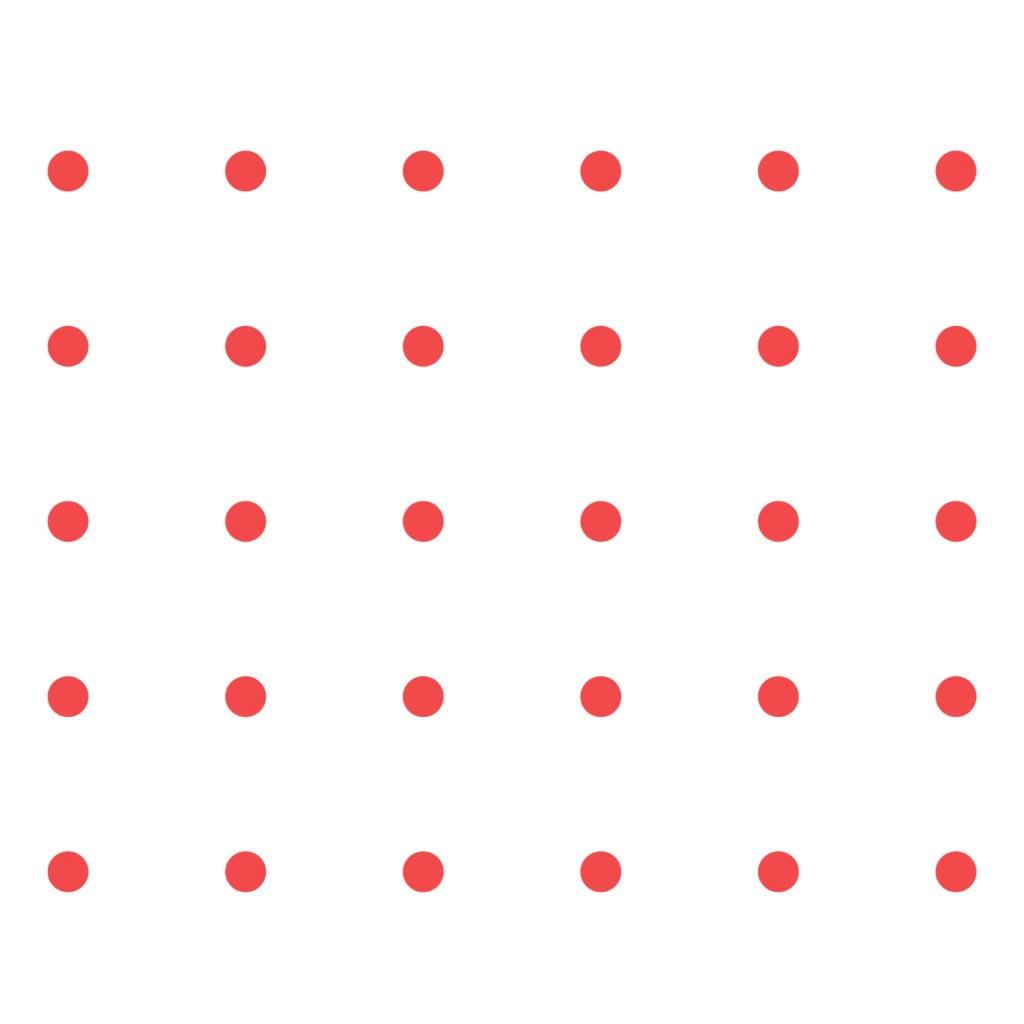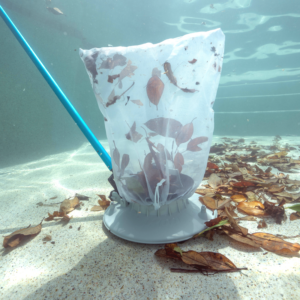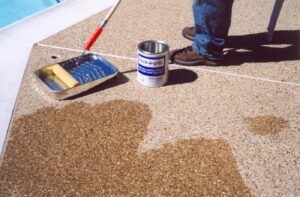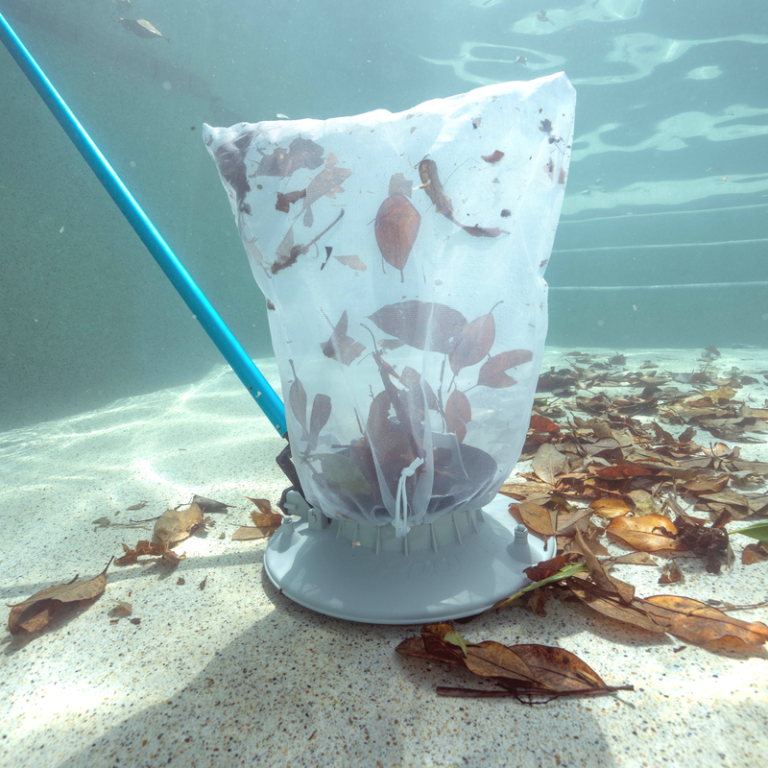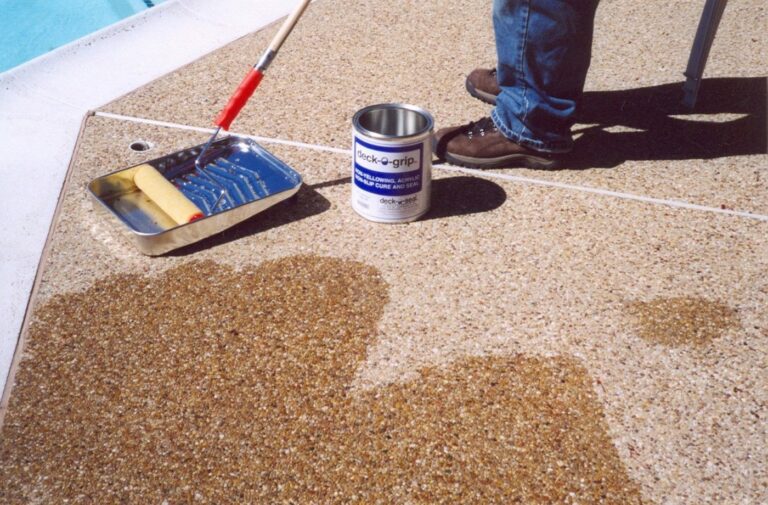Summer’s getting closer but may not feel quite close enough. Waiting around for the warmer temperatures to arrive can feel like an eternity to pool owners but there is a way to get in the pool sooner and stay there longer into the year too… and it doesn’t involve training for a polar bear swim. Adding a heat pump extends the pool season both in the spring and into the fall.
Here’s more about how heat pumps work and why you should consider adding one this season:
A Heat Pump Heats Differently than a Traditional Gas Heater
Unlike pool heaters that rely on generated heat from natural gas or propane to heat pool water, pool pumps pull heat from the air to warm the water. But it’s not as simple as just drawing heat from the air and adding it to the pool water. After all, the point is to be able to use the pool when the air is not as warm as it is on a hot day.
Heat pumps incorporate a compressor that boosts the heat that has been taken in. That heat is then transferred to the water to warm the pool. The heat pump then releases any cold air back out through ducts.
A Side-By-Side Comparison
Gas Powered Heater
- Generates heat
- Burns gas to heat
- Heats quickly
- Costly to run
- Creates emissions
- Often needs repairs due to having many moving parts
- Loses efficiency as it ages
Heat Pump
- Transfers heat
- Pulls heat from the air and compresses it
- Far less costly to operate
- No emissions
- Generally requires few repairs as there are fewer moving parts
AquaComfort offers a simple to use pool heating comparison calculator to help pool owners determine the best option for them.
Environmentally Friendly Heating
Pool heaters that run on natural gas or propane burn these substances in a combustion chamber. The heat created is then transferred to copper coils. The water runs past the coils and is warmed. While gas pool heaters tend to heat water quickly, they do put pollution out into the air and they can be expensive to run, especially with the rising costs of fuels.
As heat pumps are not burning anything to create heat, there is zero air pollution (carbon dioxide) created. They also use far less energy to operate than gas powered heaters do. Users can generally keep their heat pumps running all season long as there is very little wasted energy. Then the pool water is always ready when users want to go for a swim. In contrast, traditional pool heaters are usually only turned on a short while before swimming and then turned off afterwards, to avoid running up energy costs.
The Heat Pump Process
While air conditioners and refrigerators pull warm air from an environment and transfer it out, a heat pump does basically the opposite. In a heat pump, a fan moves air into the heat pump. The warm air is moved through an evaporator coil, while the cool air is released back out. Liquid freon within the coil absorbs the heat and turns to gas. That gas then moves to the compressor, which boosts the heat level of the gas. That heat boosted gas then meets up with cool pool water that is moving through the heat pump’s heat exchanger and the water is warmed.
Not All Heat Pumps are Created Equal
Heat pumps are an economical and environmentally conscious way to heat a swimming pool but not every heat pump is the same. When it comes to heat pumps, quality and knowing the best products make a major difference.
Here at Alpha West, we only work with top-quality manufacturers to ensure that our clients have reliable and impressive products to offer their customers. As such, we represent AquaComfort Solutions, who are leaders in the heat pump manufacturing space.
Operational Cost Savings
Heat pumps, in general, save pool owners money in operating costs over traditional pool heats. But AquaComfort heat pumps typically save users an additional 20% to 30% in operating costs. And when compared to traditional pool heaters, the operating cost savings is up to 80%.
Extended Operating Season
Those who have experience with heat pumps are aware that they usually can only be used when the temperature outside is at least 50 degrees Fahrenheit. Most heat pumps don’t have the power to draw enough heat when the temperature falls below 50 degrees. However, AquaComfort heat pumps operate from 38 degrees Fahrenheit and above. AquaComfort heat pump users get 30% to 40% more heat than those using other heat pump brands.
Cooling Advantages
Another advantage offered by AquaComfort, specifically, is that they produce some heat pump models that can cool as well as heat. This is a great advantage for those who live in hotter climates and those who enjoy a more refreshing water temperature in the height of the summer.
Why You Should Add a Heat Pump
Adding a heat pump means that swim season can start earlier in this year and every year. For those who enjoy a dip in the pool after the sun goes down, there is no need to worry about the water being too chilly. And when the cooler temperatures roll around later in the year and others are closing their pools, heat pump owners can keep swimming for a while longer.
We are always happy to answer questions about heat pumps and explain more about the advantages of this type of pool heating system. If you would like to learn more about AquaComfort or any of the other manufacturers we represent, reach out to us at hello@alphawest.com.



